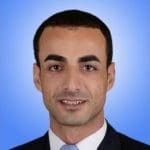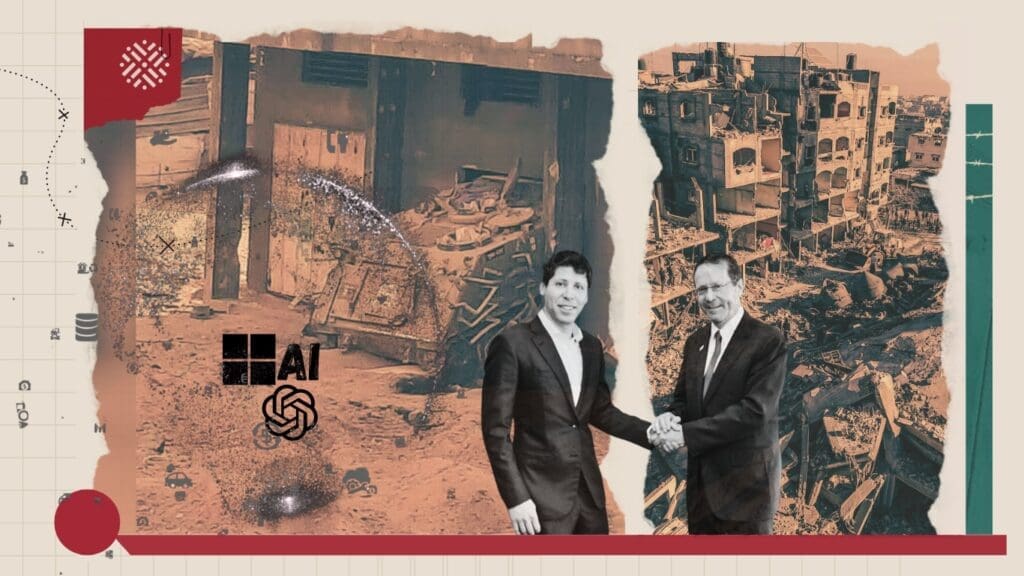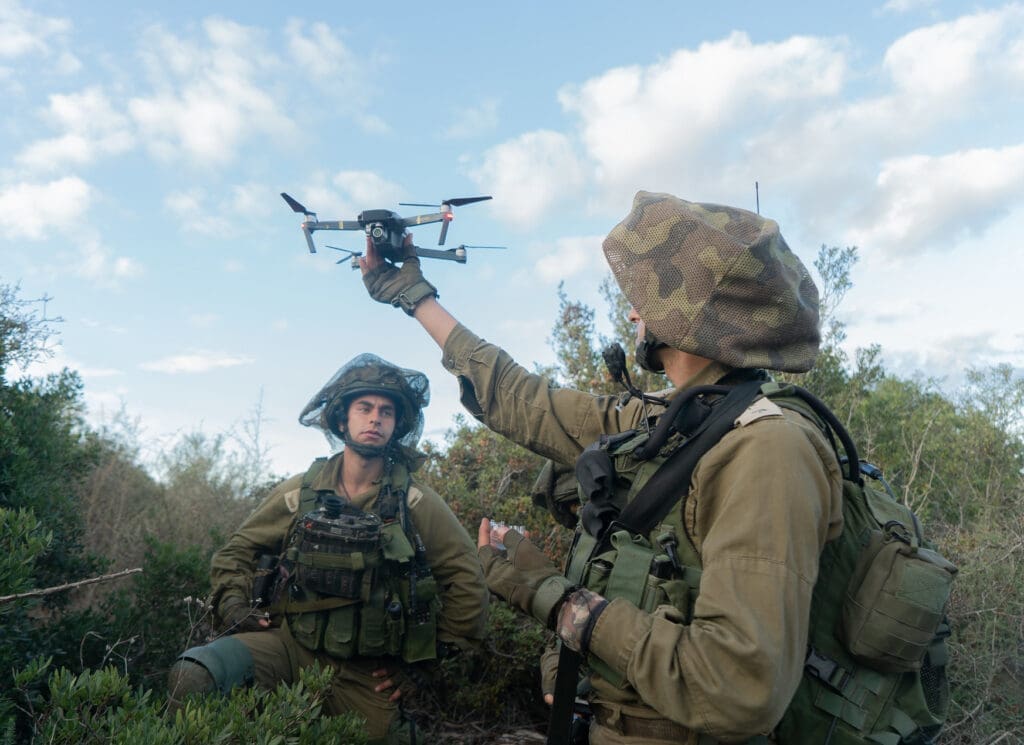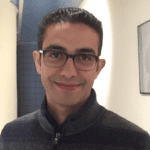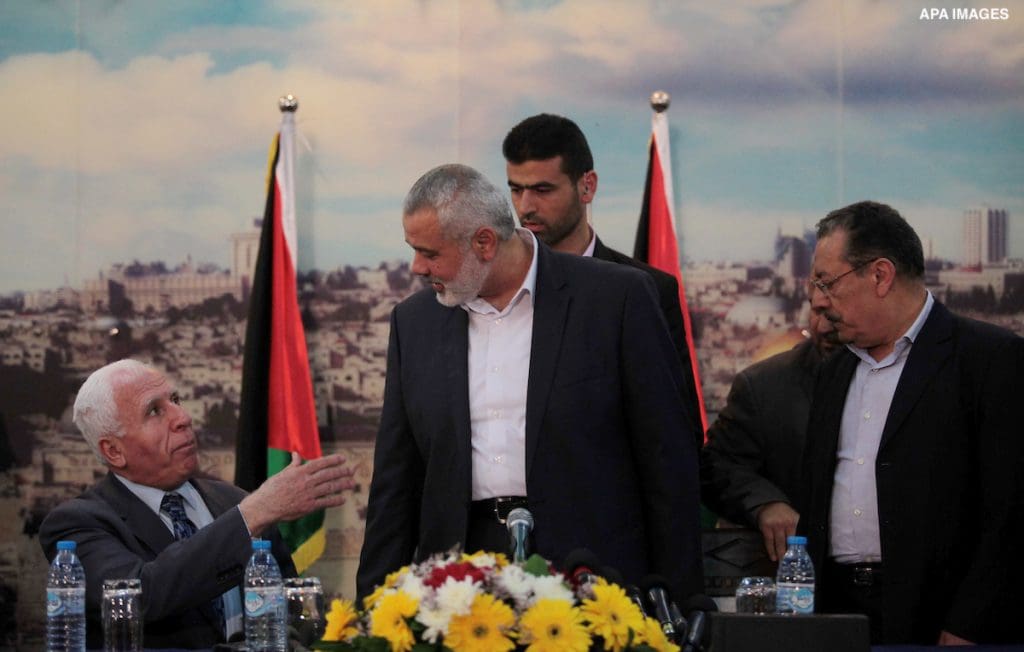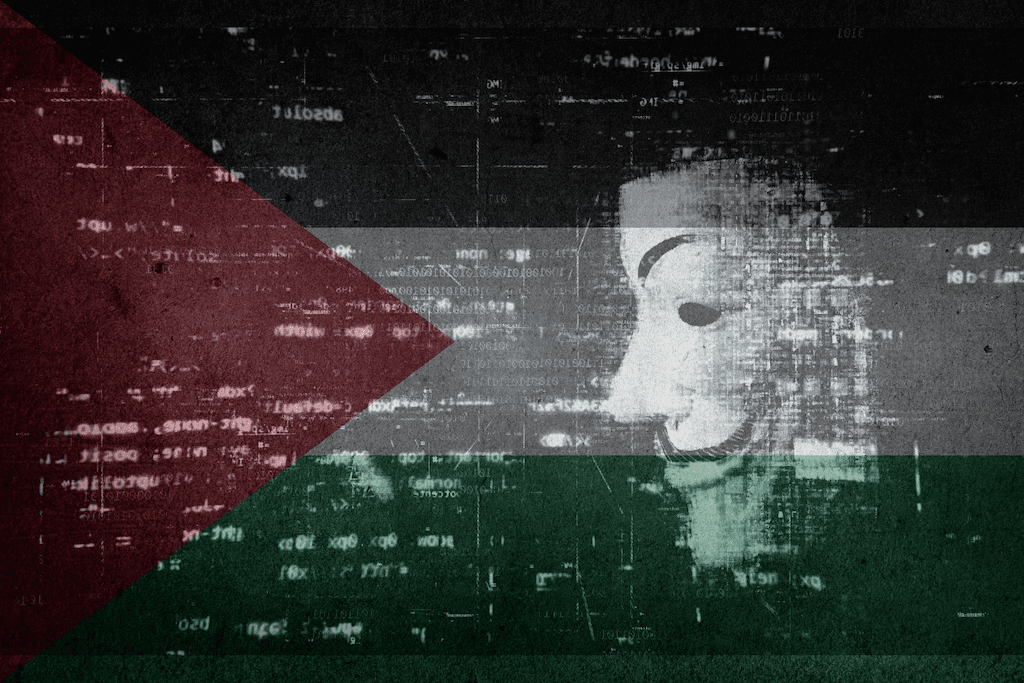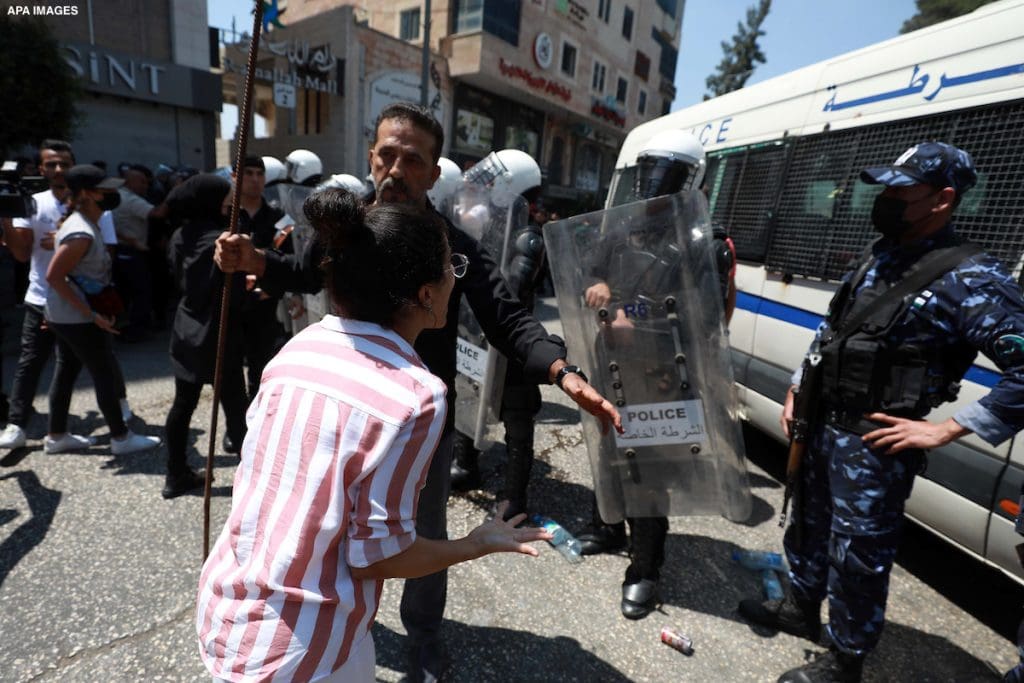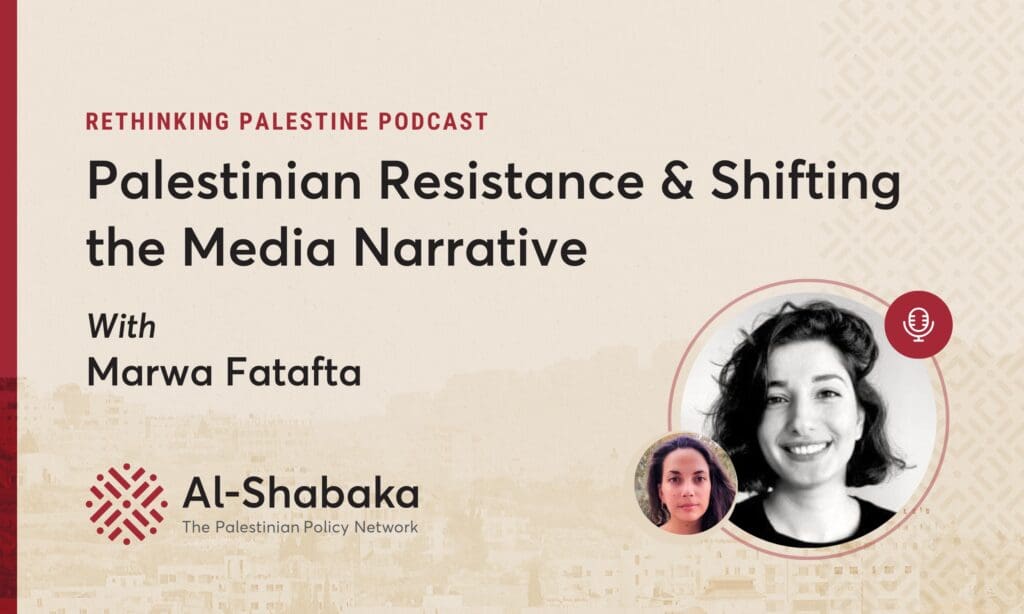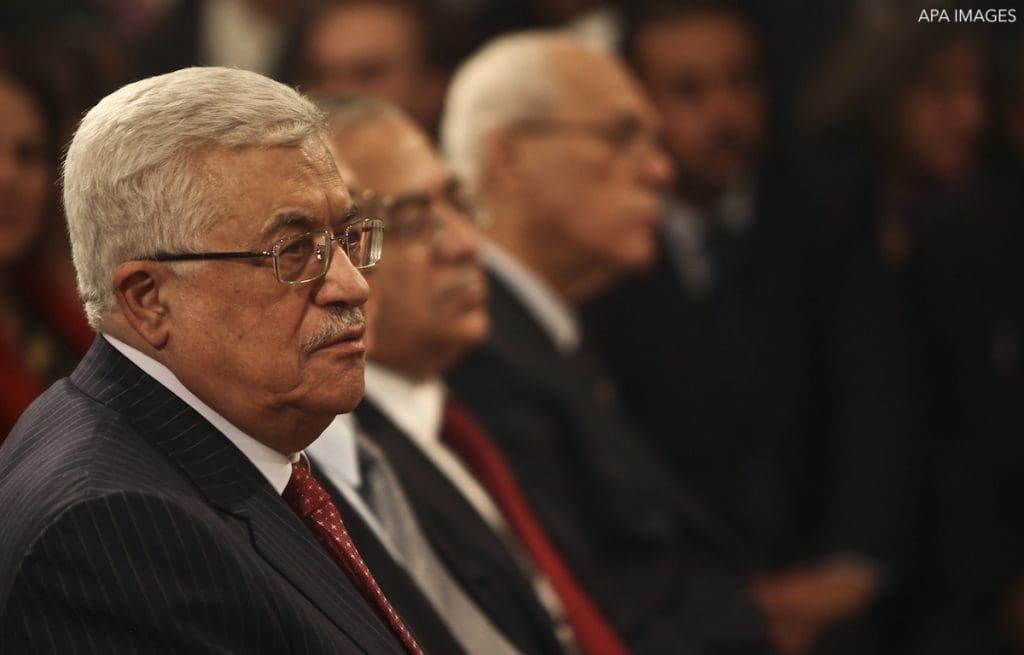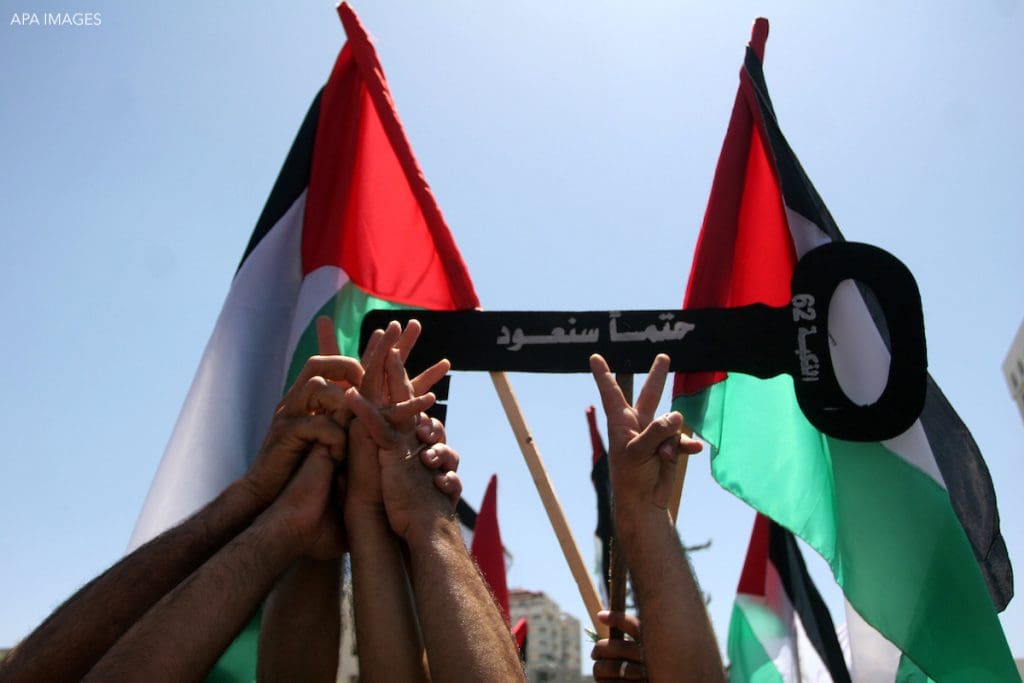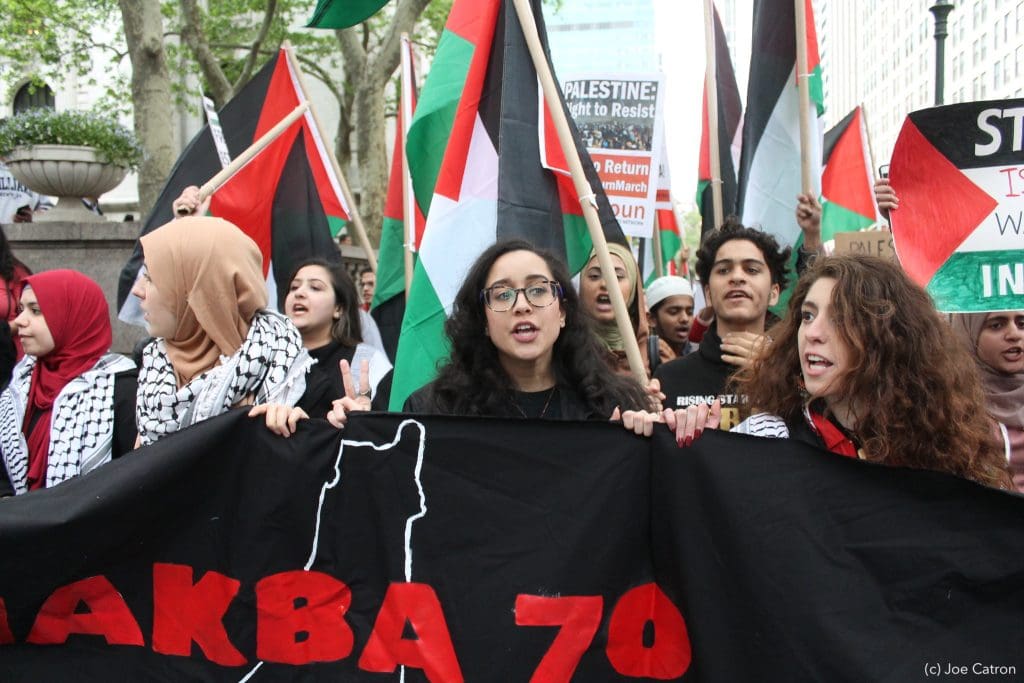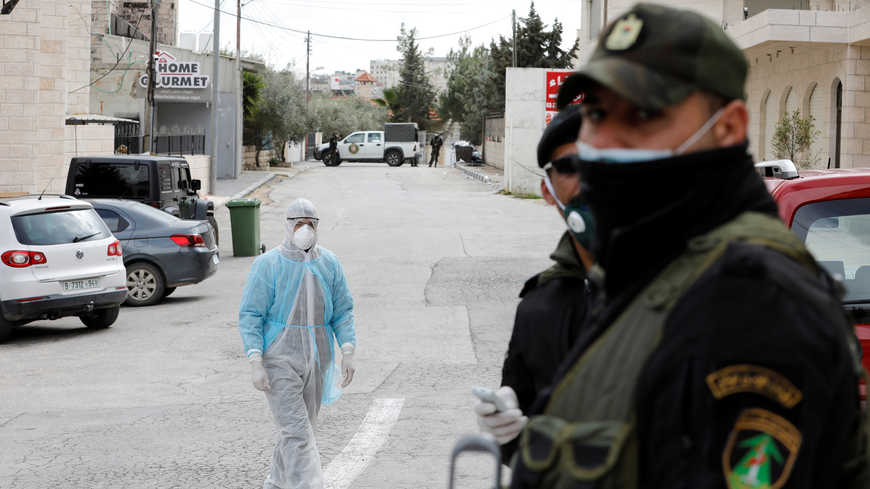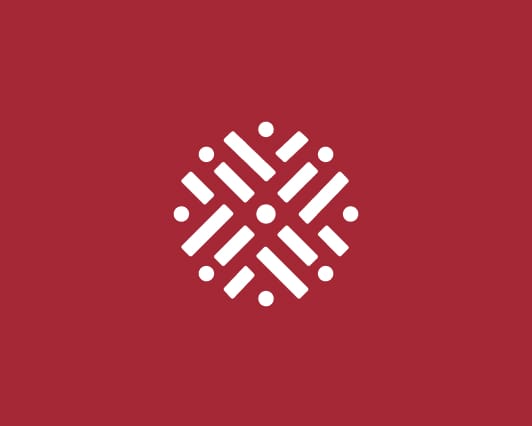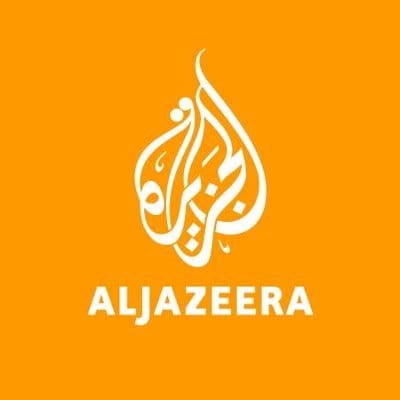Marwa is a Palestinian writer, researcher and policy analyst based in Berlin. She leads Access Now’s work on digital rights in the Middle East and North Africa region as the MENA Policy Manager. She is also an advisory board member of the Palestinian digital rights organization 7amleh. Previously, she worked as the MENA Regional Advisor for Transparency International Secretariat. Marwa was a Fulbright scholar to the US, and holds an MA in International Relations from Maxwell School of Citizenship and Public Affairs, Syracuse University. She holds a second MA in Development and Governance from University of Duisburg-Essen.
From this author
US tech giants portray themselves as architects of a better world powered by artificial intelligence (AI), cloud computing, and data-driven solutions. Under slogans like “AI for Good,” they promise ethical innovation and social progress. Yet in Gaza, these narratives have collapsed, alongside international norms and what remains of the so-called rules-based order.
Israel’s genocidal war on Gaza has highlighted the role of major technology companies in enabling military operations and sustaining the occupation. Beneath the destruction lie servers, neural networks, and software built by some of the world’s most powerful corporations. As Israel weaponizes AI and data analytics to kill Palestinians and destroy their homes, the militarization of digital technologies and infrastructures is redefining accountability and exposing a governance vacuum. This policy brief traces how corporate complicity now extends to war crimes, crimes against humanity, and genocide—and calls for urgent regulation of AI militarization.

Marwa Fatafta· Oct 26, 2025
In our upcoming policy lab, Marwa Fatafta and Antony Loewenstein join host Tariq Kenney-Shawa to discuss Gaza as a testing ground for Israel’s global war industry.


As the Israeli regime continues its genocidal campaign against Palestinians in Gaza, many have begun to weigh in on the future of Hamas and of Palestinian leadership more broadly once the bombardment ends. One of the dominant proposals is the revival of the Palestine Liberation Organization (PLO), with Hamas as a member party.
But revival of the PLO requires more than bringing Hamas into the fold, as the Fatah-controlled PA has effectively whittled down the PLO to a barren institution. What then, beyond inclusion, is needed in order to resuscitate the viability of the PLO? In an effort to strengthen the generative thinking around these questions, Al-Shabaka revisits a collection of its past works that sought to confront this very topic.
The arrival of new digital technologies over the past decade has had critical implications for Palestinian activism. On the one hand, these developments have reinvigorated the Palestinian cause. Indeed, social media platforms have facilitated new channels and modes of social organization, helping Palestinians counter their geographic fragmentation under Israeli apartheid.
Punctuated by the outbreak of the Unity Intifada in May 2021, the trajectory of Palestinian resistance is experiencing a watershed phase marked by new actors and themes. With the effective neutralization of the Palestinian Liberation Organization (PLO) since the 1993 Oslo Accords, the deepening geopolitical fragmentation of Palestinians across colonized Palestine and the world, and the global shift to cyberspace, new opportunities — and threats — to Palestinian resistance have emerged.




+
Sam Bahour,Rana Barakat,Mary Nazzal-Batayneh, + MoreOroub el-Abed,Nadia Hijab,Victor Kashkoush,Anis Kassim,Osamah Khalil,Mouin Rabbani,Jamil Hilal,Loubna Qutami,Haidar Eid,Yara Hawari,Nadim Nashif,Raya Naamneh,Omar Barghouti,Marwa Fatafta,Tariq Dana,Hatem Bazian,Noura Erakat,Alaa Tartir,Issam Younis,Nada Awad,Diana Buttu,Ingrid Jaradat Gassner· Aug 26, 2021
Marwa Fatafta joins host Yara Hawari to discuss the shifting international media coverage of the recent events that unfolded in Jerusalem, Gaza, and across all of colonized Palestine as the Israeli regime continues to advance its plans to ethnically cleanse Sheikh Jarrah and Silwan.

Marwa Fatafta· Jun 9, 2021
The Palestinian national movement is in an acute state of crisis, and the Palestinian political system and institutions are incapable of bringing the Palestinian people closer to realize their rights. The existing style of governance and models of leadership prove on a daily basis to be unfit for present and future Palestinian generations seeking equality, justice, and freedom above all.
As the COVID-19 pandemic continues to cause great personal hardship, loss of human life, and financial chaos across the globe, and as Israel remains on the brink of de jure annexation of parts of the West Bank, the Palestinian people must transform crisis into opportunity.

Marwa Fatafta· Dec 8, 2020
How can the PLO maintain accountability as both a national liberation movement and governing body? How might Hamas and Islamic Jihad be integrated after decades of exclusion? What models of Palestinian youth leadership can be further developed?


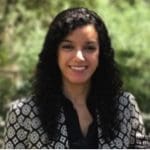

+
The response to the COVID-19 pandemic in Palestine brings back to focus central questions surrounding the resilience of Palestinian Authority leadership and the efficiency of its governance in times of crisis.
